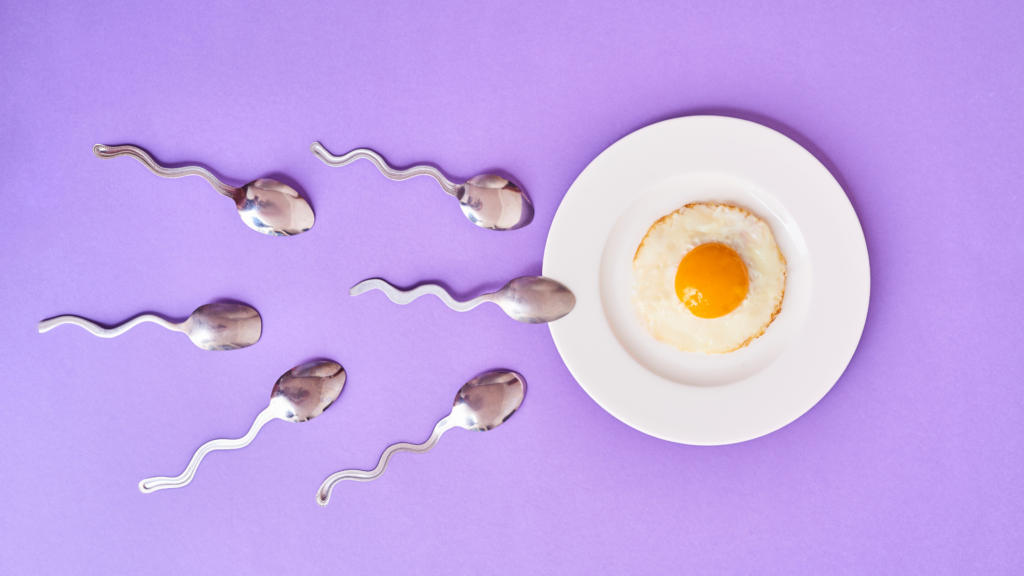In the quest for parenthood, couples often scrutinize various aspects of their lifestyle, from diet and exercise to stress levels and overall health. However, one crucial factor that may be overlooked is the quality of sleep. Emerging research has highlighted the intricate relationship between sleep patterns and fertility. In this comprehensive guide, we delve into the mechanisms behind this connection, exploring how sleep—or the lack thereof—can impact hormone production, menstrual regularity, sperm health, and overall fertility. Moreover, we provide practical tips to optimize your sleep habits, potentially enhancing your chances of conceiving.
Understanding the Sleep-Fertility Nexus:
Dr. Sandeep Talwar, an Infertility Specialist at Nova IVF Fertility, Vasant Vihar, underscores the profound link between sleep and fertility. Sleep is not merely a time of rest; it is a crucial period during which the body undergoes tissue repair, cell regeneration, and hormone regulation. Disruptions in sleep patterns can wreak havoc on these processes, leading to a cascade of physiological effects that may hinder fertility.

Hormonal Imbalance:
One of the primary mechanisms through which sleep influences fertility is hormone production. Sleep deprivation disrupts the delicate balance of reproductive hormones, such as estrogen, progesterone, testosterone, and melatonin. Studies have shown that irregular sleep patterns can lead to ovulatory dysfunction and menstrual irregularities in women, while men may experience lower sperm count and abnormal sperm morphology. Moreover, a hormonal imbalance resulting from inadequate sleep can dampen libido, further complicating the fertility journey.
Stress Hormones and Reproductive Health:
Chronic sleep deprivation triggers the overproduction of stress hormones, such as cortisol, which can adversely affect reproductive health. Elevated cortisol levels disrupt the normal functioning of estrogen and testosterone, compromising fertility. Moreover, the brain regions responsible for regulating sleep-wake cycles also influence the release of reproductive hormones, underscoring the interconnectedness of sleep and fertility.

The Role of Melatonin:
Melatonin, often referred to as the “sleep hormone,” plays a pivotal role in regulating circadian rhythms and promoting restful sleep. Beyond its role in sleep regulation, melatonin also exerts antioxidant effects, protecting eggs from oxidative damage and preserving their viability. However, exposure to artificial light, particularly from electronic devices, can suppress melatonin production, disrupting the body’s natural sleep-wake cycle and compromising fertility.
Circadian Rhythm Disruptions:
Our bodies operate on a circadian rhythm, an internal clock synchronized with the light-dark cycle of day and night. Disruptions to this rhythm, such as those experienced by individuals working night shifts or irregular schedules, can have profound implications for fertility. Women working night shifts are particularly susceptible to menstrual irregularities, which can impair ovulation and decrease fertility.
Tips for Improving Sleep and Enhancing Fertility:
Recognizing the pivotal role of sleep in fertility, adopting healthy sleep habits becomes imperative for couples seeking to conceive. Here are some practical tips to optimize your sleep routine and boost fertility:
- Prioritize Regular Exercise: Engage in aerobic exercise for at least 30 minutes daily to promote overall health and facilitate restful sleep.
- Maintain a Consistent Bedtime: Establish a consistent sleep schedule, going to bed and waking up at the same time each day, even on weekends.
- Limit Screen Time Before Bed: Reduce exposure to blue light from electronic devices at least 30 minutes before bedtime to promote the production of melatonin and improve sleep quality.
- Create a Sleep-Friendly Environment: Ensure your bedroom is conducive to sleep by keeping it dark, quiet, and comfortable. Consider using blackout curtains and white noise machines to create an optimal sleep environment.
- Minimize Stimulants: Limit consumption of stimulants such as caffeine, nicotine, and alcohol, especially in the hours leading up to bedtime, as they can disrupt sleep patterns.
- Practice Relaxation Techniques: Incorporate relaxation techniques such as deep breathing exercises, meditation, or a calming bedtime routine to unwind and prepare for sleep.













